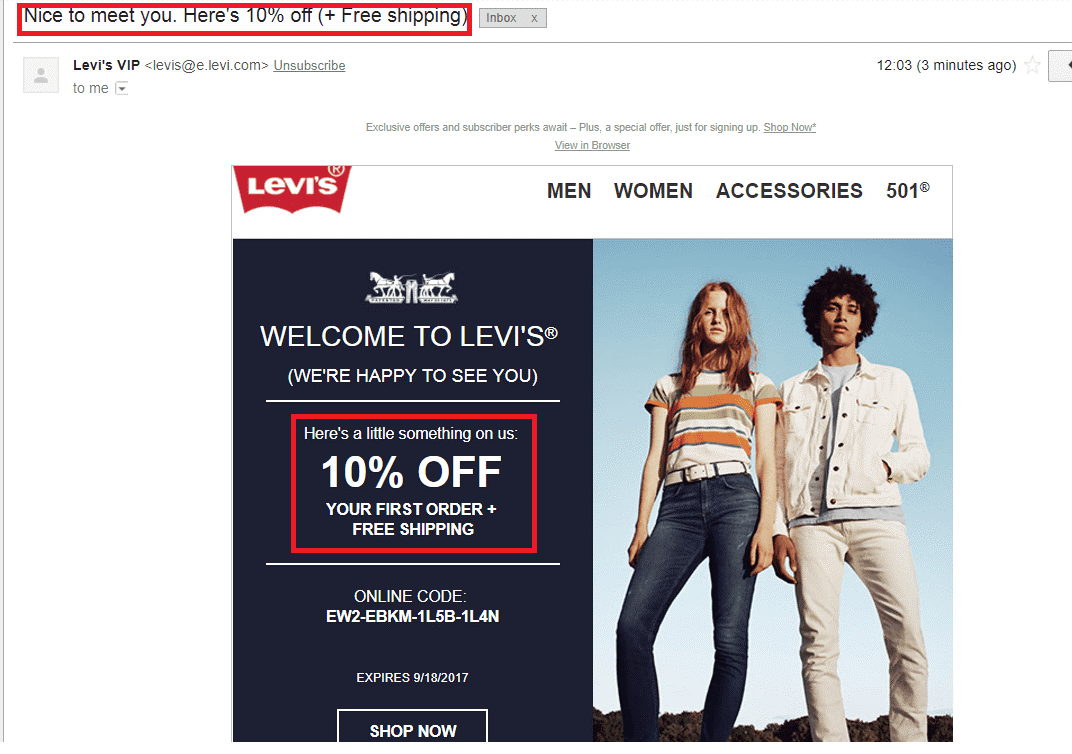7 eCommerce Marketing Strategy Lessons Learnt From Top Ecommerce Brands

The Value of Ecommerce Marketing
Ecommerce marketing is the magnet that attracts prospective buyers to your business. Giants like Amazon and eBay pioneered and perfected the eCommerce marketing strategies. With the annual US eCommerce sales projected to increase by 13.7% to an estimated value of $908.73 billion in 2021, it is high time you got down to brush up on your online store marketing strategies.
While the online shopping revenues swelled by 32.6% in 2020, it was not just the big business raking in huge profits. Small businesses with a solid social media engagement and SEO strategy successfully reduced the market share of the big players. The competition is tough, and business owners, including established ones, need to develop fresh online store marketing strategies to maintain their relevance. To help you with the process, we have come up with a set of seven contemporary eCommerce marketing solutions. Derived from the best practices adopted by some of the most successful eCommerce brands, these are the learning lessons you need to grow and prosper in a highly saturated and competitive market.
Be socially savvy
As of 2020, there were 420 billion social media users, 54% of these users employed these platforms to search about products. From major brands like Nike and Chanel to traditional artisans, businesses manage their social media profiles to engage their community, make conversions and retain their clients.
Start social media trends using hashtags and share user-generated content. Take the example of CLUSE; they have an aesthetically pleasing Instagram feed. They use branded hashtags and user-generated content (UGC) to direct consumers to their page, eventually leading them to their official website and buy something.

People rely on word of mouth and social references to make their purchases. Take advantage of this sentiment by social proofing your businesses. eBay, for instance, employ’s product transparency and customer reviews in its eCommerce marketing strategies. Adding authenticity and social aspect to their product pages directs buyers towards the products.
Geo-targeting is a must
One of the best ways to drive customers to your brick-and-mortar and online stores is to utilize geo-targeting. An 80% more effective marketing technique involves identifying customers’ locations and sending suitable ads.
There are two ways to do so. First, you can target marketing content to specific locations via Location Targeting tools on google ads and social media websites. Purple mattresses ship their products worldwide, and they incorporated geo-targeting to send ads about cooling mattresses to consumers in warmer areas like Arizona. The targeted ad copies included words like “sleep cooler”, prompting a higher click-through rate.
The second method would be to read your customers’ IP addresses or mobile locations to show them location-specific or custom options. Businesses like Amazon; use it to inform users if they ship to them, while others let them see costs in the relevant local currency.
Time your emails
Learning when your customer is ready to buy is an integral part of eCommerce marketing strategies. Once you understand the customer’s willingness, you can time your emails to increase the chances of a click-through and conversion. Sending an email shortly after cart abandonment is one example of good timing. Levis attracts cart abandoners by sending them a time-specific special deal for the item abandoned. Companies win back 54% of these customers with a discount, and a perfectly timed email is the key to their success.

Personalized emails are another worthy aspect of good eCommerce marketing strategies. 91% of people are more likely to buy when businesses reach out to them via custom emails. BirchBox clocked the concept and used customer history to send them personalized product recommendations. They do so by tracking customers’ purchase history and using algorithms to find suggestions for similar products.
Optimize your product pages
Effective eCommerce marketing strategies place a significant emphasis on conversions. Product page optimization is a brilliant way to make those conversions.
Buying trend suggests most visitors will decide whether or not to purchase without ever visiting the homepage. So, there is a massive emphasis on optimizing this page. The product page should have all the necessary information, including your product, reflect your brand, and have a user-friendly page design. Use an informative and engaging product description that helps visitors understand how the product benefits them. Take the game a notch higher by social proofing it with testimonials.
Shopify suggests telling the story of your product and your brand on the product page to drive the sale. Lush does so by listing their product ingredients and emphasizing their environmentally friendly products. The certificates and badges are displayed to reinforce the brand’s alignment with nature consciousness.
Amplify your content marketing with blogs
Content marketing is all about creating valuable content in varying formats like blogs, tutorials, videos, and social media content for your audience. Highly successful eCommerce marketing strategies envision an effective content marketing plan.

Blogging helps you generate more leads, build the brand and attract organic traffic to your website. Take a leaf out of the playbook of Alibaba; the eCommerce giant launched its blog Alizila to generate its brand awareness in the west and now receives more than 213,000 monthly traffic.
Au Lit Fine Linens is a bed linen brand. Their blog offers helpful content to help visitors achieve better sleep. Not only does it provide valuable tips to create an environment that ensures better sleep quality, but they also keep it relevant to their products. With articles like “what duvet size is right for my bed”, they offer meaningful help to their customers while still making a sales pitch and perfecting the SEO optimization all at the same time.
Mobile-first approach
As of 2020, there were 4.28 billion mobile internet users. Over 80% of mobile users surf the internet or mobile applications to find their desired products, compare products and prices, and find stores. An eCommerce marketing strategy that ignores such a massive group is deeply flawed.
A mobile-first approach involves developing a website to suit a mobile screen, eventually upscaled for a desktop. By doing so, you provide a better user experience, easy access via different devices, and simple payment procedures. It allows customers to seamlessly review products; and make comparisons across devices.
Alibaba shows the worth of a mobile-first approach by raking in a staggering $74.1 billion sales on its Singles Day. The single most vital reason Alibaba was able to pull it off was the mobile-savvy shopping experience offered to the customers.
Use omnichannel marketing strategy
An omnichannel marketing strategy creates a seamless brand experience across physical and digital channels. It is common for people to view products and read reviews on virtual platforms before buying in-store. Also, they do not buy immediately but use various social media platforms and mobile applications, comparing different products until their final decision.
Target entered into a partnership with Pinterest to help consumers find what they want. They integrated Lens from Pinterest into their app and allowed consumers to take pictures of something they like and get product suggestions matching the image. The exciting option gave consumers the freedom to quickly identify if the product of their liking is available, prompting 10% higher sales.
Online eCommerce store marketing strategies that integrate omnichannel marketing are 91% more likely to retain their customers. It ensures the audience gets to experience a consistent brand experience across social media and web platforms, eventually moving the bottom of the funnel to the conversions.
Final Words
We discussed some of the most valuable lessons from established eCommerce retailers around the world. Implementing these can be a walk in the park for some and an absolute nightmare for others. An effective way to deal with the situation is to outsource the online marketing services to other professionals who know their job. Vserve specializes in digital marketing services, producing customized, insightful and data-driven results. Our expertise in content creation, SEO optimization, and a host of other online marketing services can help you enhance your visibility, increase your reach and create a marketing strategy with a high return on investment.


